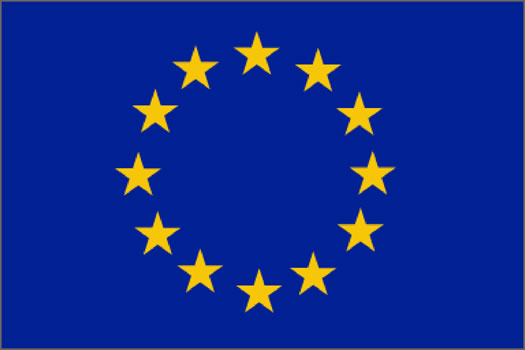On Thursday, EU countries convened to discuss new strategies for increasing the deportation of irregular migrants and rejected asylum seekers. The meeting, held in Luxembourg ahead of an upcoming EU leaders’ summit, was influenced by the rising far-right sentiment in several member states, which has propelled migration issues to the forefront of political discourse. One of the main topics was the exploration of the controversial “return hub” concept, which involves setting up dedicated centers outside the EU where rejected asylum seekers could be sent pending deportation. France’s Interior Minister Bruno Retailleau emphasized the necessity of considering all options in this regard.
This discussion follows the EU’s recent reform of its asylum policies, which, set to begin in June 2026, impose stricter border procedures and require certain member states to accept asylum seekers from frontline countries or contribute resources to support them. Despite this overhaul, many member states believe the reforms are inadequate. In May, a coalition of 15 countries petitioned the European Commission to develop alternatives, including establishing centers outside the EU for individuals awaiting deportation. As analysts observe, there is increasing pressure on governments to effectively manage rejected asylum seekers and demonstrate proactive measures in deportation efforts.
However, the practical implementation of return hubs remains unclear. Potential solutions discussed include enlisting EU candidate countries that can meet certain standards to host such facilities. Nevertheless, there are considerable ethical and legal implications involved in transferring migrants to third nations, which could hinder the viability of this approach. A focus on compliance with legal rights and fundamental assessments is necessary to ensure any proposed solutions respect the dignity of those affected. According to Eurostat, only a fraction (less than 20%) of individuals ordered to leave the EU last year were successfully repatriated, underlining the complexities and costs associated with deportation processes.
Austria and the Netherlands have proposed additional legal measures to facilitate the sanctioning of rejected asylum applicants failing to leave when ordered, a move experts warn could lead to increased detentions. Belgium’s Secretary of State for Asylum and Migration, Nicole de Moor, characterized the current return system as “the weakest link” and called for urgent reforms to expedite deportations. Germany’s Interior Minister, Nancy Faeser, echoed these sentiments, stating that reforms must align with potential partnerships with third countries to both expedite deportations and process asylum applications.
Navigating the search for suitable nations to partner with on return hubs poses a significant challenge, as highlighted by Faeser’s comments. Some look to Italy’s recent agreement with Albania to serve as a possible model for managing migrant processing. However, prior agreements made by the EU with countries like Tunisia and Libya have drawn criticism due to human rights concerns, often leading to legal challenges over the treatment of migrants. Despite these obstacles, EU countries continue to seek innovative solutions to return migration that balance political pressure and ethical considerations.
Political dynamics are further complicated by the recent electoral success of far-right parties that capitalize on anti-immigrant sentiments across Europe. Following strong performances in recent elections, these parties have exerted considerable influence on national politics, prompting proactive responses from mainstream parties. Reports indicate that irregular border crossings saw a sharp decline of 39% in the early months of 2024. Conversely, asylum applications have also decreased significantly—by a third since last autumn—highlighting the ongoing evolution of migration dynamics within the EU and the responses from various member states. As the bloc continues to grapple with these issues, leaders must be cautious in balancing public sentiment with respect for human rights in their migration policies.


